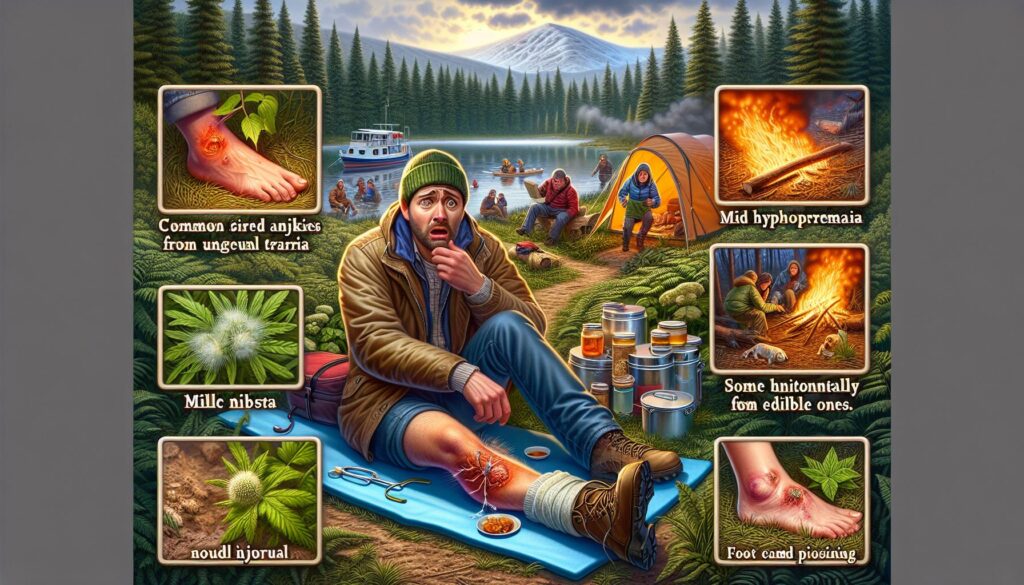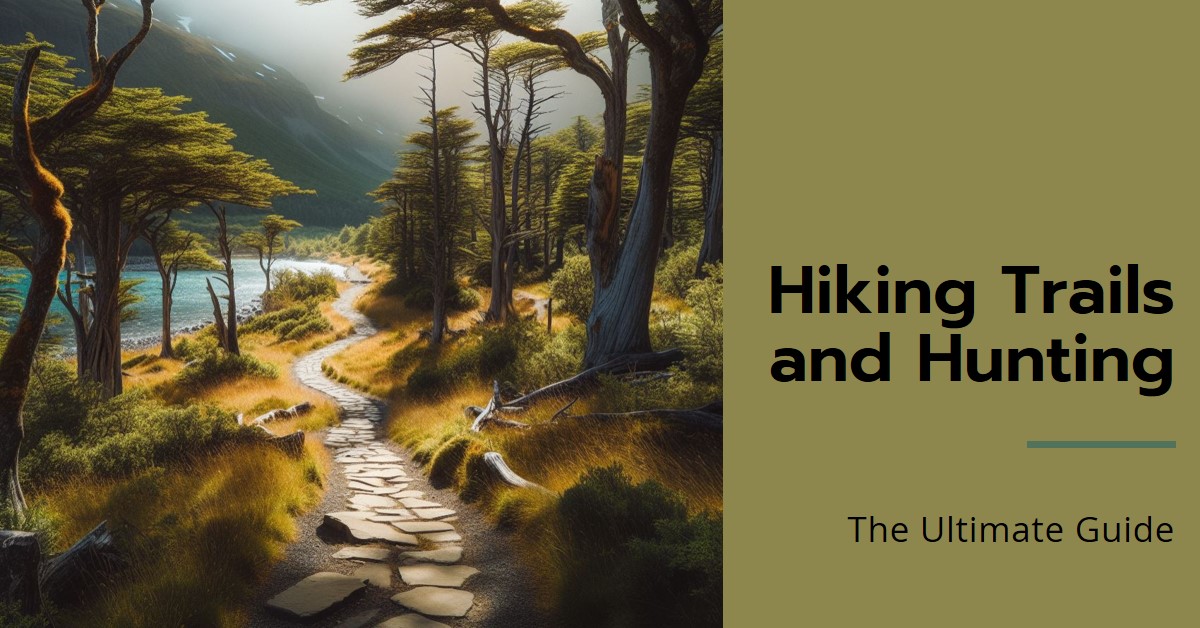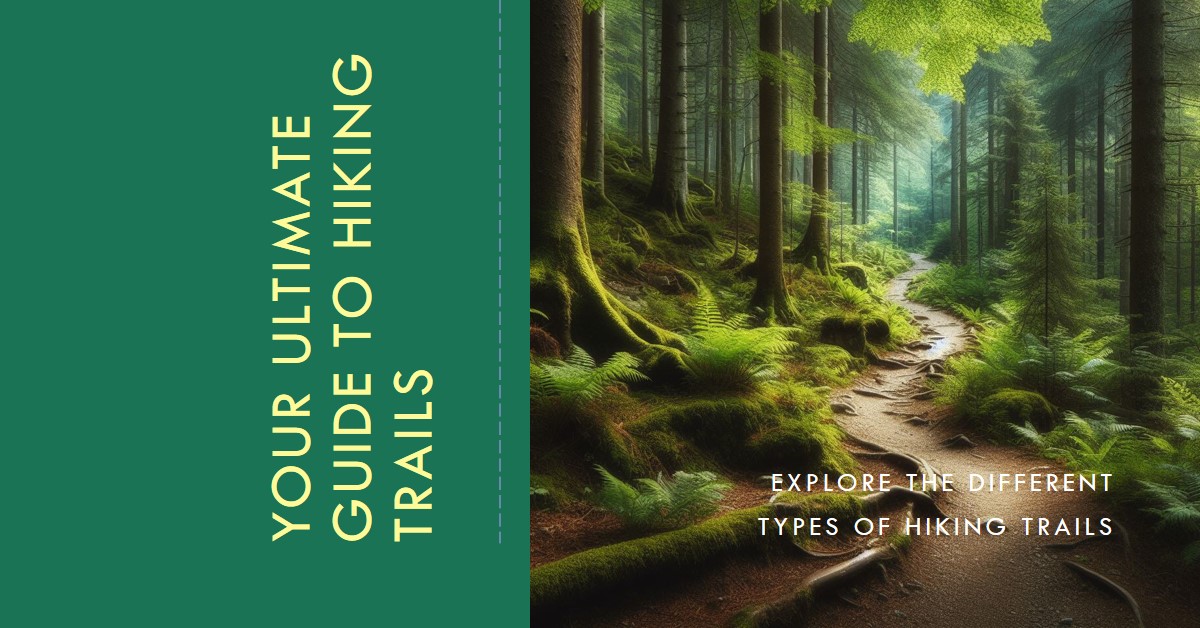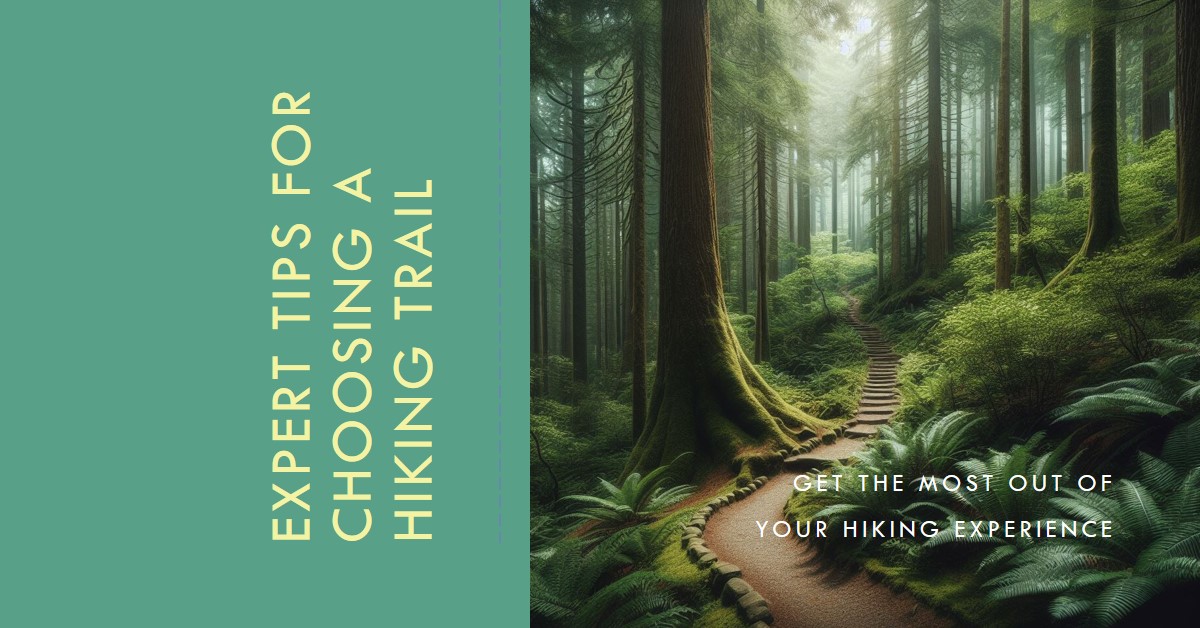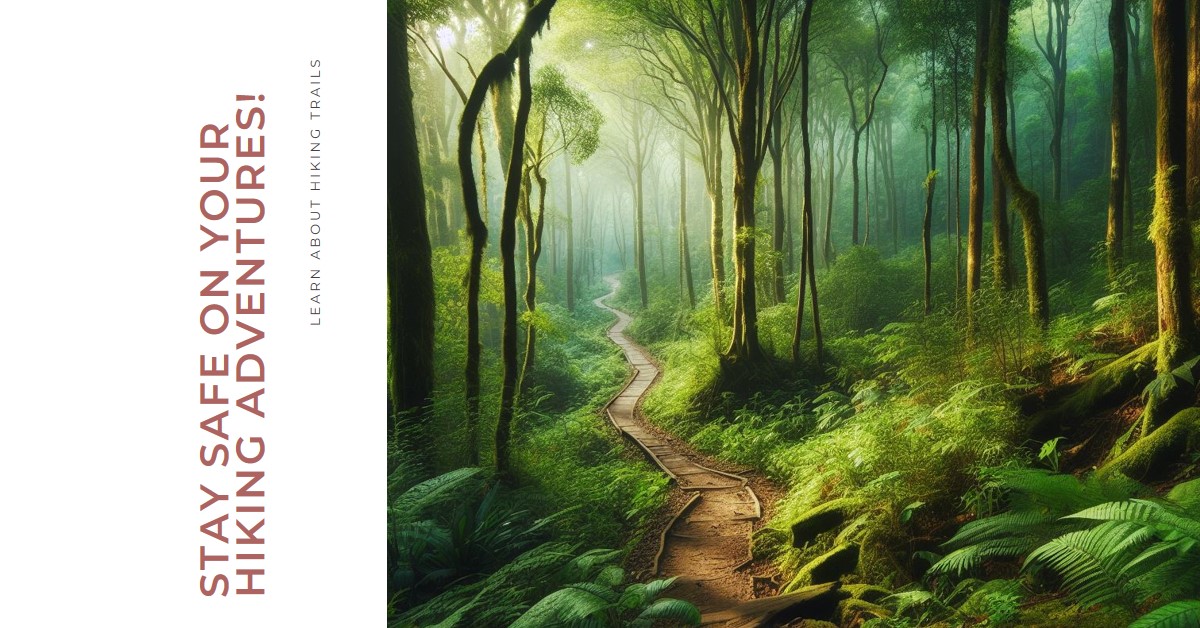Camping often involves vigorous physical activities like hiking or canoeing, and these activities can quickly lead to dehydration if you’re not careful. Dehydration occurs when your body loses more fluid than it’s taking in, leading to dizziness, headaches, and fatigue. In severe cases, it can result in confusion, rapid heartbeat, and fainting.
Drinking sufficient water is the primary defense against dehydration. Carry plenty of water with you and drink at regular intervals, even if you don’t feel thirsty. Keep an eye on your urine’s color — if it’s light yellow or clear, you’re drinking enough water. If it’s a darker shade, it’s time to hydrate!
It’s also important to replace lost electrolytes through consuming sports drinks, coconut water, or electrolyte-replacement products. Avoid alcohol and caffeine as they can lead to further dehydration.
Recognizing the signs of dehydration and taking steps to stay hydrated will ensure you can fully enjoy your camping activities without any health setbacks.
Table of Contents
Conclusion: Stay Safe and Enjoy Camping
So, while it’s true that camping does pose potential health risks, there’s no reason it should keep you from enjoying the great outdoors. With some planning, preparation, and precautionary measures, you can fend off common camping injuries and illnesses.
Remember, prevention is key. Apply insect repellent to ward off harmful insects, handle food safely to prevent contamination, protect yourself from the sun’s harmful rays, hydrate adequately, and take care to avoid trips, falls, and strains.
Most importantly, always pack a first aid kit when you are going camping. Including items such as antiseptic wipes, bandages, tweezers, sunscreen, and oral rehydration salts will help you treat minor injuries and prevent any potential health issues from escalating.
By following the information and recommendations in this guide, you and your fellow campers will surely enjoy a safe and fun-filled camping experience, free from the worries of these common camping ailments.
Happy Camping!
5. Allergic Reactions: Watch Out for Poisonous Plants
Wilderness camping introduces the risk of coming across potentially dangerous plants. Familiar culprits include poison ivy, poison oak, and poison sumac. Allergic reactions to these plants can range from mild skin irritations to severe symptoms like hives, swelling, and, in rare instances, difficulty breathing.
When embarking on a camping adventure, it’s critical to recognize these plants and understand the presenting symptoms of an allergic reaction. Always wear long pants and long sleeves, apply insect repellent, and stick to designated trails to limit your chances of contact with these plants.
If you do come into contact with them, be sure to wash the affected area with soap and water immediately. Over-the-counter medications can help to manage allergic reactions, but if the reaction is severe, seek medical attention as soon as possible.
6. Cold Weather Perils: Hypothermia and Frostbite
Camping in colder weather presents its own set of challenges. Hypothermia and frostbite are serious concerns for campers braving the cold. Hypothermia develops when the body loses heat more quickly than it can produce, leading to a dangerously low body temperature. Symptoms include shivering, confusion, and difficulty speaking. Frostbite, on the other hand, happens when body tissues freeze — most commonly fingers, toes, ears, and nose.
To ward off these cold-related injuries, make sure to wear layered clothing, use insulated sleeping pads and bags, and keep as dry as possible. Additionally, eating warm meals and drinking hot beverages will help keep your body temperature regulated. Remember to regularly check for signs of hypothermia and frostbite in yourself and your camping companions for early detection and swift treatment.
7. Stay Clear of Contaminated Water
Access to clean drinking water when you’re out in nature is not a given. Drinking contaminated water could lead to serious health problems and waterborne illnesses. Giardia, Campylobacter, and E. coli are just some of the potential culprits you can encounter.
Use a reliable water purifier, boil water, or use purification tablets to ensure the water you are consuming is safe. These methods can effectively eliminate harmful bacteria, viruses, and parasites, making it safe to quench your thirst without fear of falling ill.
Common Questions About Common Camping Injuries
Can Camping Make You Sick?
Certainly, inadequate preparation or precautionary measures can lead to sickness while camping. This could range from insect bites to food or waterborne illnesses. However, applying simple preventative measures like using insect repellents and purifying your water can significantly reduce these risks.
What Are Some Typical Camping Injuries?
Out in the great outdoors, you could experience a range of ailments from gastrointestinal infections due to spoiled food or contaminated water, respiratory conditions from poor ventilation in your sleeping quarters, and skin infections from insect bites or insufficient hygiene practices. Adopting good hygiene practices and smart planning, however, can help mitigate these issues.
How Can I Prevent Camping Injuries?
Suitable prep work is key in preventing common camping injuries. This includes picking the right camping gear, setting up your campsite on a flat and safe area, abiding by fire safety rules, being aware of local wildlife, as well as applying sunscreen and insect repellent appropriately.
A Safe Farewell – Conclusion
While camping has its risks, knowing what those risks are allows you to take the necessary precautions. From sprains and injuries to burns and bites, being aware and prepared can stave off many of these potential drawbacks.
Knowledge is power. Equip yourself with the right gear, strategies, and understanding to safeguard yourself and your campers from these common camping mishaps. With these in hand, you’re setting yourself up for an unforgettable and safe outdoor adventure.
5. Stay Alert: Poisonous Plants And Allergic Reactions
Unanticipated encounters with poisonous plants can turn your delightful camping adventure into an unpleasant ordeal. Plants such as poison ivy, poison oak, and poison sumac are infamous for causing allergic reactions, which can range from mild skin irritation to potent reactions, inducing swelling, hives, and even breathing difficulty.
Camping in the wilderness necessitates knowing how to identify poison-bearing flora and recognizing potential allergic symptoms to secure prompt medical attention if required. Wearing long sleeves, pants, and applying insect repellent can help you steer clear of contact with these plants. In the event of contact, washing the area with soap and water immediately is a must.
While managing an allergic episode, remove any contaminated clothing and segregate them for washing. Over-the-counter medications and a cold compress can help relieve the symptoms, but if reactions persist or grow severe, medical assistance is imperative.
6. Cold-Weather Risks: Hypothermia And Frostbite
Cold weather camping demands a keen knowledge of its accompanying hazards. Hypothermia and frostbite are among the chief concerns. Hypothermia happens when the body loses heat quicker than its production, leading to a dangerously low body temperature. On the other hand, frostbite occurs when body tissues freeze – typically affecting extremities such as the ears, toes, nose, and fingers.
Avoiding these dangers involves multiple strategies, including dressing in layers, using insulated sleeping gear, maintaining dryness, and consuming warm food and fluids. Regular check-ups for symptoms in all camp members is crucial for early detection and treatment.
7. Beware of Water Contamination
Ever heard of the saying, ‘Water is life’? Well, during camping trips, it can also be a source of illness if it’s contaminated. You can experience severe health problems if you consume untreated water from natural sources. Common waterborne illnesses include giardia, campylobacter, and E. coli.
To safeguard your health, always purify your water. Using water filters, boiling the water, or resorting to water purification tablets can remove harmful bacteria, viruses, and parasites, thereby making the water safe to consume.
Frequently Asked Questions on Camping Safety
Can Camping Make You Sick?
Absolutely. If you’re not prepared enough or neglect necessary precautions, camping can indeed make you ill. Contaminated water and food, improper handling of food and insect bites are some causative factors. However, using a good insect repellent and purifying your water can significantly lower these risks.
What Are Some Common Camping Injuries?
Once you step into the outdoors, there’s a whole range of problems you could potentially encounter. These include gastrointestinal infections from contaminated food or water, respiratory issues from closely sleeping quarters, and skin infections from insect bites or poor hygiene. However, good hygiene practices and planning can help you steer clear from these issues.
How Can I Prevent Camping Injuries?
Prevent camping injuries with appropriate preparation and vigilance. Select the right camping gear, ensure a suitable and levelled ground to set up your camp, adhere to fire safety rules and stay aware of the local wildlife. Don’t forget to apply bug repellent and sunscreen!
Wrapping Up
So when you ask ‘Can camping make you sick?’, the answer is yes, it can – but it doesn’t have to. If you’re aware of the common risks and ensure you’re well-prepared, there’s no reason why you would experience any severe issues. So pack your bags, start your journey and make some extraordinary memories out there, safely!

